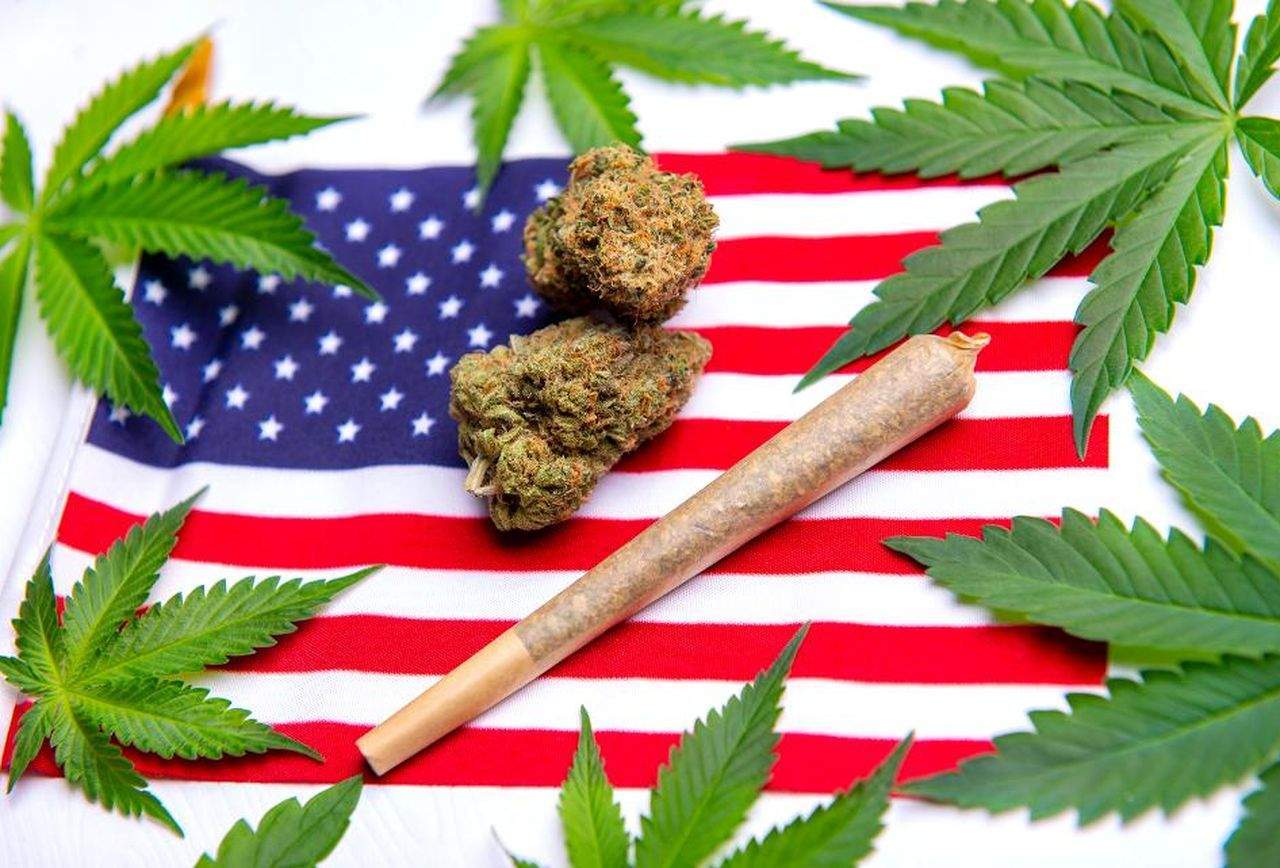
The U.S. government said it collected about $4.7 billion in taxes from companies that trade non-light cannabis in 2017. The revenues of marijuana companies during that period were roughly $13 billion. At present, although declared illegal by the federal government, cannabis has been legalized for recreational use in 10 states (Alaska, California, Colorado, Maine, Massachusetts, Michigan, Nevada, Oregon, Vermont and Washington) and the District of Columbia. Another 21 states allow the use of cannabis for medical purposes. Recently, two other states began legislation to legalize cannabis for recreational use.
What happens in the other states of America
On November 6, 2018, cannabis was legalized in Michigan by popular vote that replaced the previous ban with a new law that: "It allows individuals 21 years of age to purchase, possess and use cannabis edibles and be able to plant up to 12 cannabis plants for personal consumption. It imposes a 10-ounce limit on non-light marijuana stored at residences and requires amounts larger than 2.5 ounces to be protected in locked containers. Create a system of state licensing for cannabis businesses, including growers, transporters, and retailers. It allows municipalities to prohibit or restrict cannabis commercial activities. It allows the commercial sale of edibles infused with cannabis and cannabis through state-licensed retailers, subject to a new 10% tax on schools, streets and municipalities where marijuana businesses are located." By a 23-5 vote in the Senate on February 28, 2019, and a 10-1 vote in the House Government Operations Committeeand on May 2, 2019, Vermont legalized the possession and restricted cultivation of cannabis by adults 21 and older. Although nine other states have legalized cannabis, this was the first time it was legalized through the legislative process rather than by popular vote.
